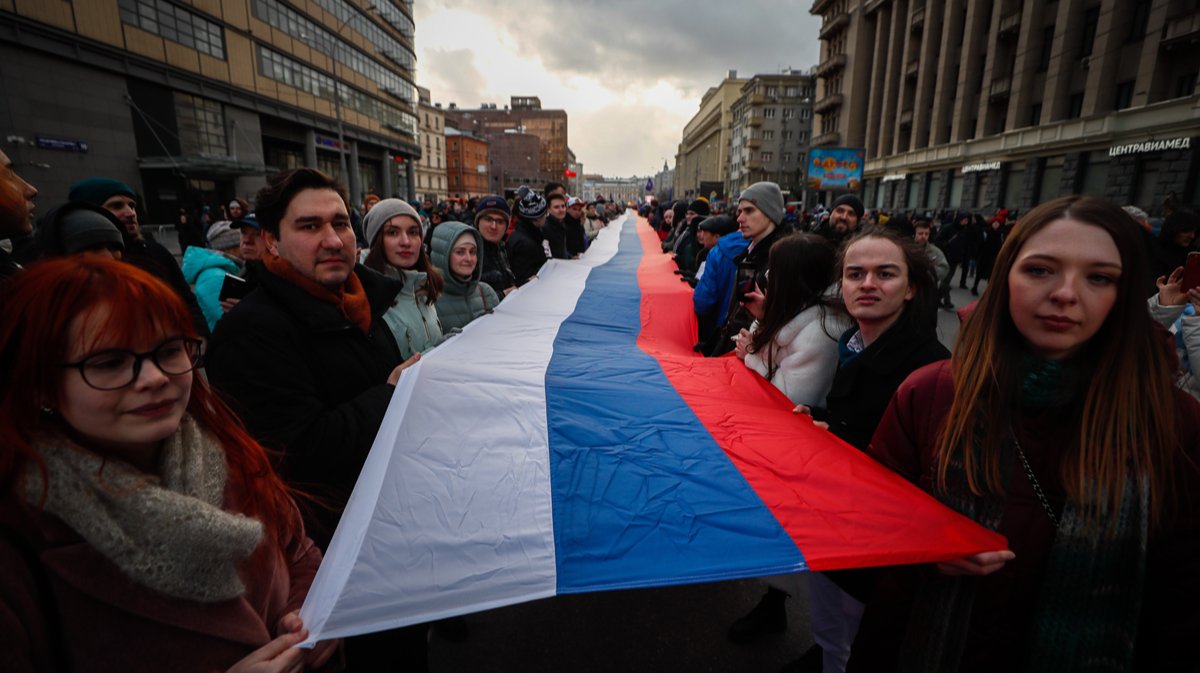Media outlets in Tehran have pounced on a fresh push by Iran's exiled prince to deepen ties with Israel and advocate for the fall of the Islamic Republic by highlighting differences between his father and the Jewish state.
Scrutiny of the long-overlooked historical chapter was revived when former Israeli Prime Minister Naftali Bennett last week urged Israel to act decisively against Iran, saying the Islamic Republic’s proxies Hamas and Hezbollah have been weakened.
"Israel now has its greatest opportunity in the last 50 years to change the face of the Middle East," Bennett posted on X on October 2, emphasizing the need for action following Iran’s missile attack on Israel the previous day.
Bennett's comments appear to reference events extending back to the Pahlavi era, coinciding with the 50-year anniversary of the 1973 Yom Kippur War.
Iranian dailies Entekhab and Shahr-e khabar said Bennett was highlighting a rift between Israel and Iran's leadership even prior to the 1979 revolution.
Iran’s historical relationship with Israel
Under Shah Mohammad Reza Pahlavi, Iran maintained close ties with Israel, becoming the second Muslim-majority nation to recognize the Jewish state.
Despite opposition from some political figures, relations between Iran and Israel were strengthened through arms deals and security cooperation, with Israel providing military assistance in exchange for Iranian oil.
The Islamic Republic largely upended that relationship, becoming one of Israel's most vocal adversaries.
Iran's leadership, particularly Supreme Leader Ali Khamenei, has repeatedly vowed Israel’s destruction, with state-sponsored events promoting Holocaust denial further inflaming tensions.
However the article on Entekhab's website on Monday noted that ties between Iran and Israel began to deteriorate after the 1973 Yom Kippur War in October 1973.
“The Shah sought more independence in foreign policy, diversifying arms purchases and pursuing stronger ties with other global powers, including the Soviet Union," Entekhab wrote on Monday.
"During the war, the Shah allowed Soviet planes to pass through Iranian airspace to deliver military supplies to Egypt, and Iran provided financial and oil support to Egypt. This further strained relations with Israel, leading to a gradual distancing between the two nations, which culminated in the complete severance of ties after the 1979 Iranian Revolution,” it added.
The Shah maintained good relations with then-Egyptian President Anwar Sadat and on a few occasion did criticize Israel while even more strongly criticizing the Palestinians. However, he was a Western ally and continued cooperation with Israel.
Reza Pahlavi’s advocacy
Reza Pahlavi, the exiled son of the Shah, presents a viewpoint that starkly contrasts with the narrative put forth by Entekhab and others.
He has actively called for “regime change” in Iran while advocating for renewed ties with Israel. In April 2023, Pahlavi traveled to Israel “to deliver a message of friendship from the Iranian people.” He publicly prayed for peace between Israel and Iran during a visit to the Western Wall in Jerusalem.
Pahlavi expressed hopes that the two nations can one day resume their historical friendship.
He tweeted from the Western Wall, referencing Cyrus the Great's liberation of the Jewish people: “It is with profound awe that I visit the Western Wall of that Temple and pray for the day when the good people of Iran and Israel can renew our historic friendship.”
In an interview with Fox News on Sunday, Pahlavi said, “An Iranian regime change would mean an end to many global problems.” He emphasized that a change would alleviate many global problems, highlighting the detrimental impact of the current leadership on Iran’s economy and stability.
"The nuclear threat, the proliferation of this ideology, period, the end of this regime would mean an end to all these problems," he said.

 5 hours ago
16
5 hours ago
16

